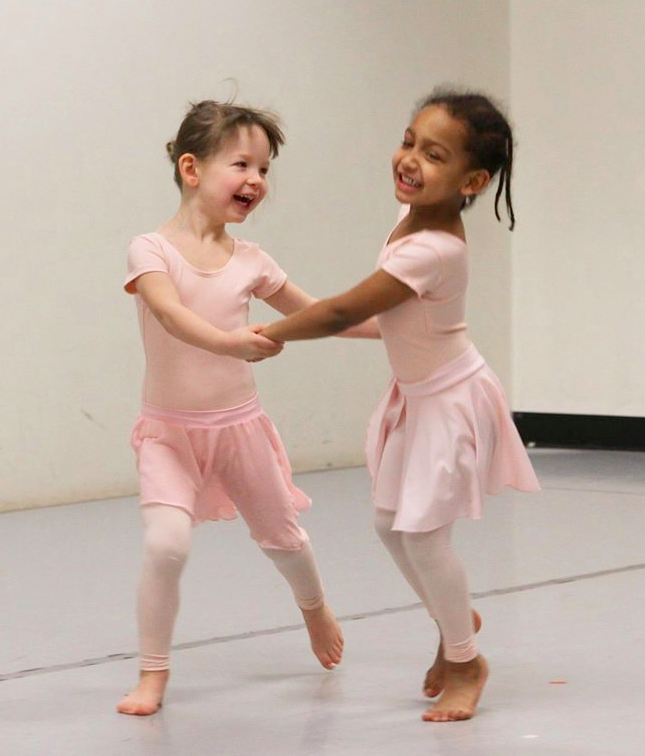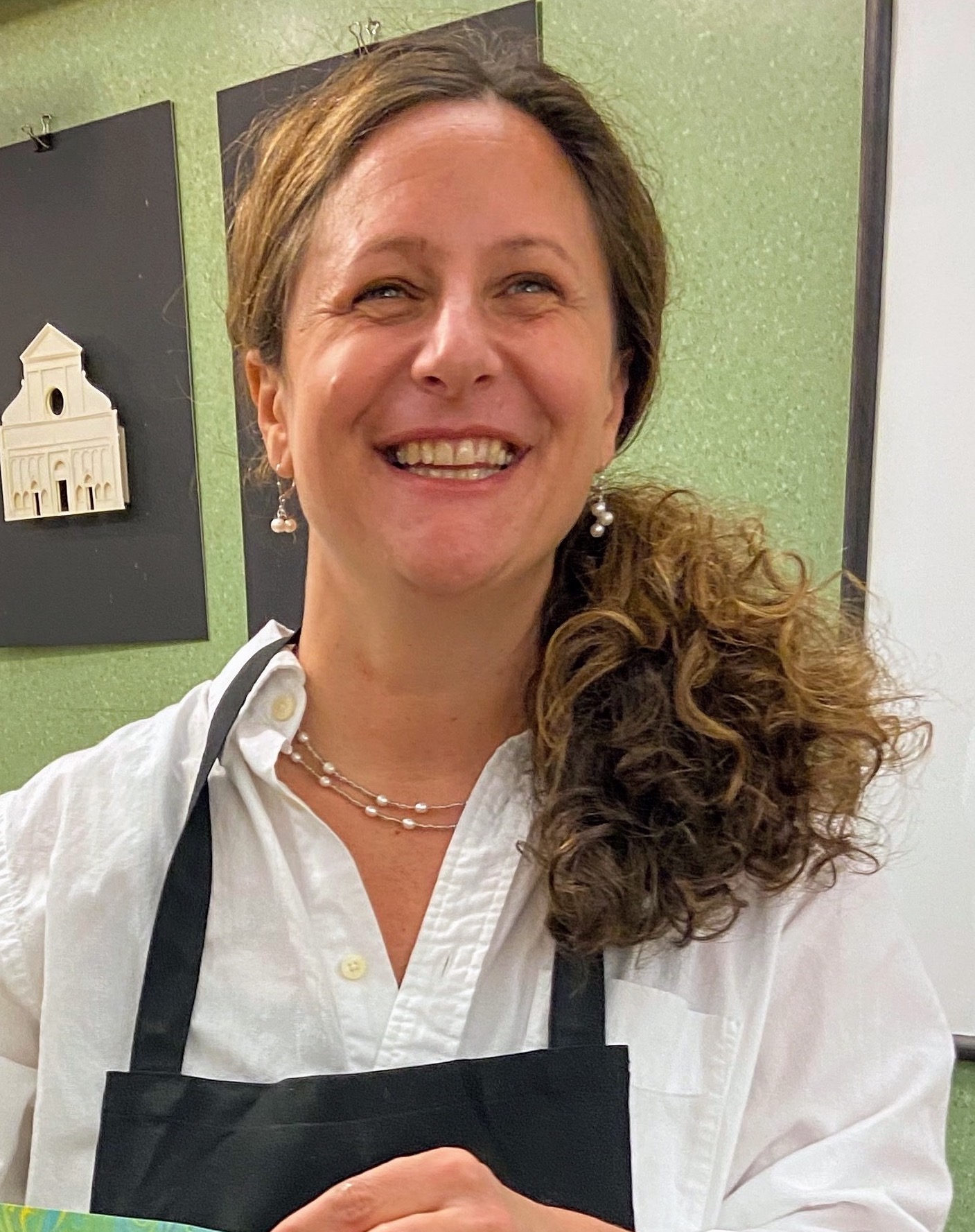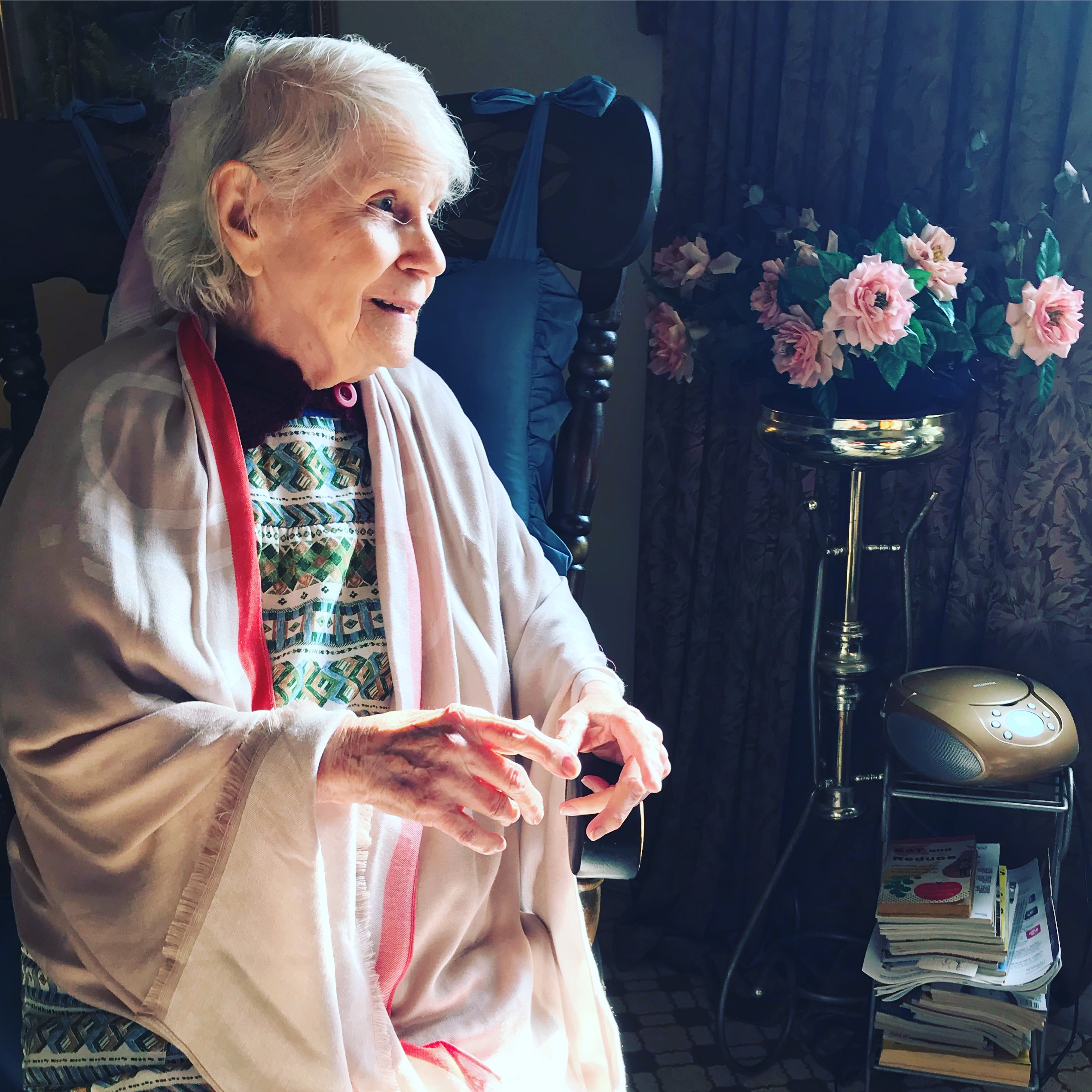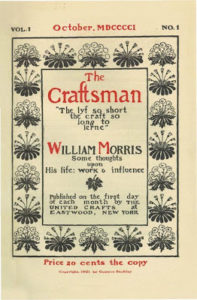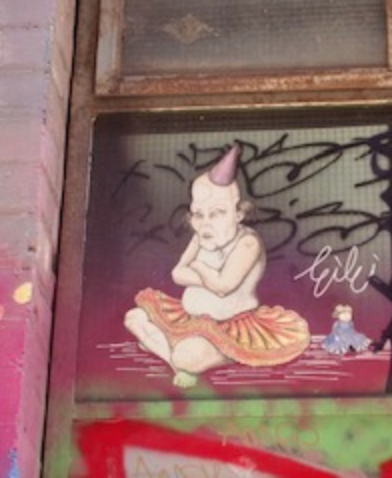REBECCA GAYLE HOWELL interviews KIMBERLY BURWICK

In times of stress and challenge, I find myself returning to the work of a handful of poets—writers like Wendell Berry, Carolyn Forché, Aracelis Girmay, W.S. Merwin—poets who do not ignore our planet’s struggles, but instead move through them, transforming worry by turning it into lyric, songs that call us toward our higher selves. Poet Kimberly Burwick is also on my shortlist, though you may not yet be familiar with her work, as she is a writer who shies away from the public spotlight. Burwick has spent her time simply getting the work done, quietly publishing brilliant lyric after brilliant lyric, books that for me become my teachers in the work of difficult reconciliation and earned hope. Or, as poet Kaveh Akbar writes, “Burwick’s singular ear is matched only by her singular spirit.”
Kimberly Burwick’s fifth collection of poems, Brightword, is recently out from Carnegie Mellon University Press.
RGH: Let’s begin with your title. BRIGHTWORD. For most of your readers, that word is an alluring, if strange or new, concept. But lovers of poetry may recognize it as a reference. Can you tell us a bit about where “brightword” comes from and what it means to you?
KB: The title comes directly from a line by Paul Celan: “Near, in the aorta’s-arch, / in the bright blood: / the brightword.” I had been writing a series of poems dealing with my young son’s aortic condition, paying painfully close attention to the articulation of his breath, his body. Oddly enough, he was paying closer, if not meticulous, attention to the environment. Suddenly, he was leading me through the brightness and newness of language in snow, in crushed beetles, dust, sap…in everything. I loved how it all seemed smashed together, which is why I wanted “bright and word” to also be banded as one. Plus, I liked saying it aloud. As if it also had motion. I mean, when you speak it, it sounds like “bightward“. It calmed me down, actually. As if we had some kind of direction: a plan for his heart. A plan for the environment.
RGH: Do you mind sharing with readers the terms of your son’s condition?
KB: Levi—who is now eight years old—has a bicuspid aortic valve (meaning the valve regulating blood flow from the heart has only two leaflets, or cusps, instead of three), which is actually quite common. The problem in his case is that it is causing his ascending aorta to enlarge significantly. It’s sort of like a balloon. Too much pressure upon it and it will burst. But there are no symptoms. There won’t ever be. A doctor once told me, “The first symptom is death.” That’s quite a sentence to metabolize. So we live by numbers, by Z-scores and yearly measurements. There’s a surgical option, but that comes with serious risks as well. There’s medicine that may or may not help. So we let him be a kid, without bubble-wrap. An amazing human being who loves the world more than anyone I’ve known. He keeps us present.


